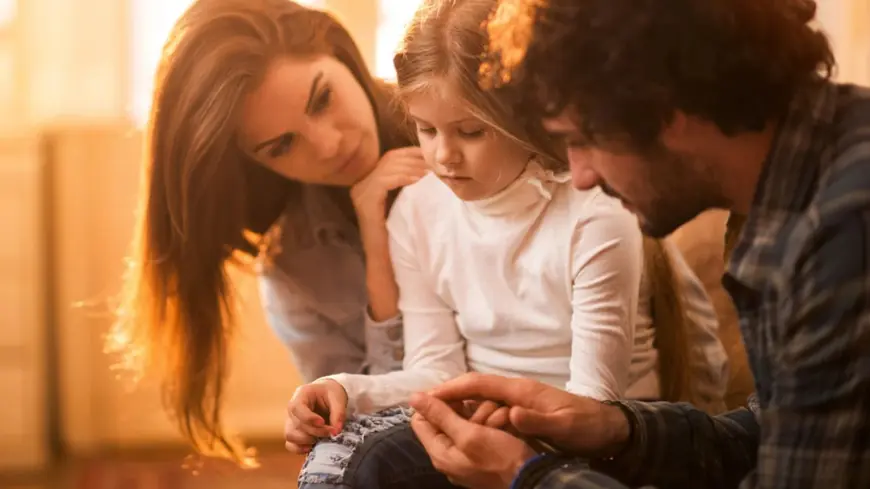Understanding the Grief Journey - Stages, Support, and Hope
Explore the grief journey, its emotional stages, and how support systems like grief coaching can offer healing and hope through loss

Grief is one of the most personal experiences any of us will ever face. No two grief journeys look the same, and there is no right way or timeline for navigating loss. But there are patterns. There are moments that many people recognize, even if they move through them differently. Understanding these stages and the support available along the way can make a difficult path feel a little more manageable.
For those experiencing the pain of losing their loved one, the grief journey can be disorienting. It can be filled with conflicting emotions, questions about what to expect, and a deep need for guidance. That’s where resources like grief coaching, therapy, and support communities can offer clarity and hope.
The Emotional Landscape of Grief
While many are familiar with the five stages of grief: denial, anger, bargaining, depression, and acceptance, real-life experiences rarely follow a straight line. You might revisit certain emotions more than once or skip others entirely.
Some common points along the grief journey include:
- Shock or numbness after the loss
- Anger at circumstances, people, or even yourself
- Sadness or emptiness that feels all-encompassing
- Guilt about things said or unsaid
- Gradual healing as moments of peace begin to return
Understanding that these reactions are all part of the journey can help individuals feel less alone in what they’re experiencing.
Support Systems That Make a Difference
Grief is not something to be “fixed”, but it can be supported. Whether it’s through family, friends, faith communities, or professionals, the presence of compassionate support plays a critical role in healing.
Grief coaches and grief support specialists help individuals process their emotions, develop coping strategies, and begin to rebuild their lives. Susan Rardon Rose, a grief support coach and educator, works with individuals and groups to provide this type of guidance. Her programs are rooted in personal experience and professional expertise, offering a unique blend of empathy and direction for those on the grief journey.
In addition to one-on-one coaching, group support can also be powerful. Sharing stories with others that have experienced loss can create connection and a sense of validation that many grievers desperately need.
Finding Hope Along the Way
Even when grief feels endless, hope has a way of making quiet returns. It might come in the form of a supportive conversation, a new routine, or a moment of laughter that no longer feels impossible. These glimpses of light remind us that healing is possible.
Healing doesn’t mean forgetting. It means learning how to live with the loss, carrying it differently over time. The grief journey asks us to be patient, to accept help, and to believe that joy can still exist alongside sorrow.
When the Path Feels Too Hard to Walk Alone
Grief can feel isolating, especially when others expect you to "move on" before you’re ready. That’s why it’s important to recognize that seeking help isn’t a weakness. It’s a wise and courageous choice.
Whether through grief coaching, faith-based support, or simply having someone walk with you, the grief journey can become a pathway not just through loss, but toward growth. With the right support, the weight of grief doesn’t have to be carried alone.
For those looking for guidance, coaches like Susan Rardon Rose offer compassionate direction, rooted in both lived experience and a deep commitment to helping others find healing.
What's Your Reaction?
 Like
0
Like
0
 Dislike
0
Dislike
0
 Love
0
Love
0
 Funny
0
Funny
0
 Angry
0
Angry
0
 Sad
0
Sad
0
 Wow
0
Wow
0
























































